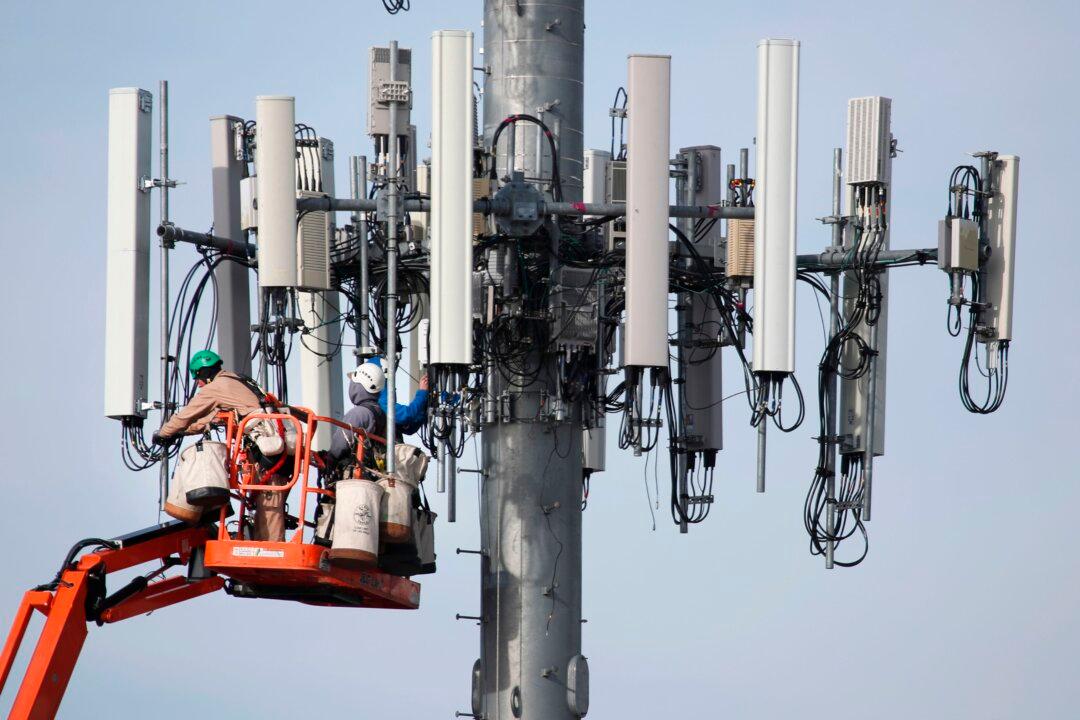Commentary
As the superficial façade of well-wishing between the People’s Republic of China and the United States continues to slip, the brutal antithesis between the totalitarian and republican regimes is becoming clearer.


As the superficial façade of well-wishing between the People’s Republic of China and the United States continues to slip, the brutal antithesis between the totalitarian and republican regimes is becoming clearer.